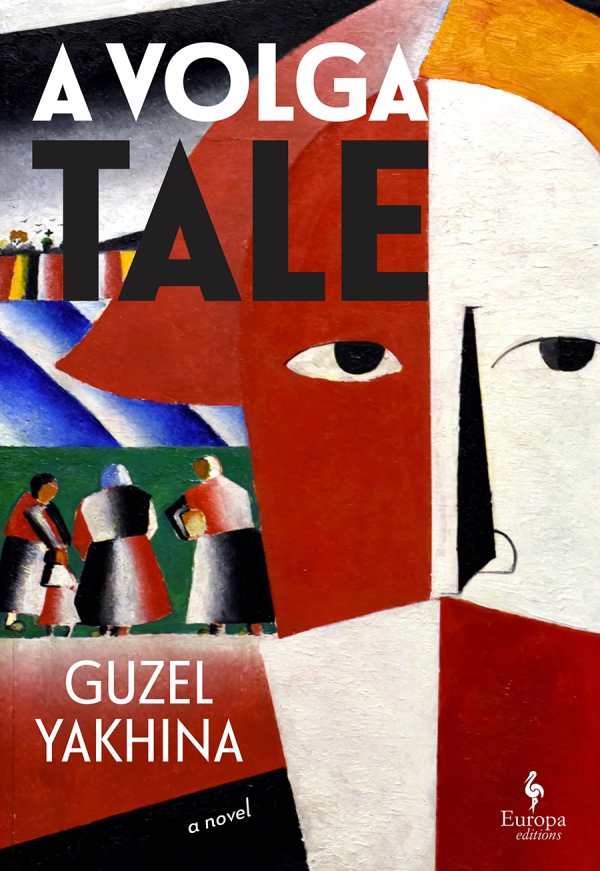A Volga Tale
Guzel Yakhina’s spellbinding, fabulistic novel A Volga Tale views the Russian Revolution from within a small agrarian settlement.
In the pastoral time before the Revolution, Jacob is a schoolteacher who lives alone in Gnadenthal beside the Volga River. He receives a mysterious summons to cross the Volga and tutor Klara, a seventeen-year-old girl who is kept behind a curtain. When they fall in love, Klara’s monstrous, giant father vows to keep them apart. It’s the first of this novel’s many reversals of fate.
The book’s settings are introduced in accordance with its cast’s perspectives: Gnadenthal, which Jacob considers idyllic, is revealed to be a mean-spirited community when he returns to it with Klara. A few years later, on the other side of the Volga, Jacob views the destruction wrought on Gnadenthal by the Revolution. But the protean Volga, which is described in its many incarnations, is the central image of the novel. It gathers significance and becomes a powerful symbol of transformation. The river also serves as a fulcrum for the plot: as Jacob crosses it, his ideas about the natures of perspective, reality, and language are continually challenged.
While Klara’s monstrous father is too archetypal, most of the characters are enigmatic. Gnadenthal’s communist leader has a hunched back, a beautiful face, and a riveting rhetorical style. Jacob’s appearance is bland; he is both fearful and courageous, socially inarticulate and a master of the written word. His expectations for himself, others, and even the land keep getting flipped. And intriguing philosophical questions arise, amplifying each other as language and ideas are turned into history.
A Volga Tale is a rich, fantastical, and often disquieting historical novel in which a man who’s obsessed with language inhabits a country that’s been devastated by war and corruption.
Reviewed by
Michele Sharpe
Disclosure: This article is not an endorsement, but a review. The publisher of this book provided free copies of the book to have their book reviewed by a professional reviewer. No fee was paid by the publisher for this review. Foreword Reviews only recommends books that we love. Foreword Magazine, Inc. is disclosing this in accordance with the Federal Trade Commission’s 16 CFR, Part 255.

